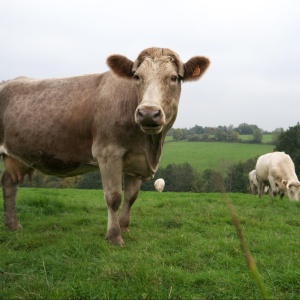
In this debate piece, authors Pete Smith and Andrew Balmford argue that the recent development of the GWP* method of measuring the climate impact of short-lived greenhouse gases (notably methane), as opposed to the conventional GWP method, should not be used as an excuse to avoid reducing methane emissions. Read more about the differences between GWP* and GWP in the article New way to evaluate short-lived greenhouse gas emissions.
The authors note that atmospheric methane concentrations are currently around 2.5 times higher than pre-industrial levels, and estimate that methane emissions from livestock have increased more than three-fold since the 1890s.
They also argue that methane reductions could be particularly effective for short-term climate change mitigation, but that carbon dioxide emissions also need to be reduced in an “immediate and aggressive” manner.
Abstract
Pete Smith and Andrew Balmford argue that methane from livestock is an important contributor to climate change and that it should not be creatively discounted.
Reference
Smith, P. and Balmford, A., 2020. Climate change: ‘no get out of jail free card’. Veterinary Record, 186(2), pp.71-71.
Read the full paper here. See also the Foodsource building block Agricultural methane and its role as a greenhouse gas.












Post a new comment »